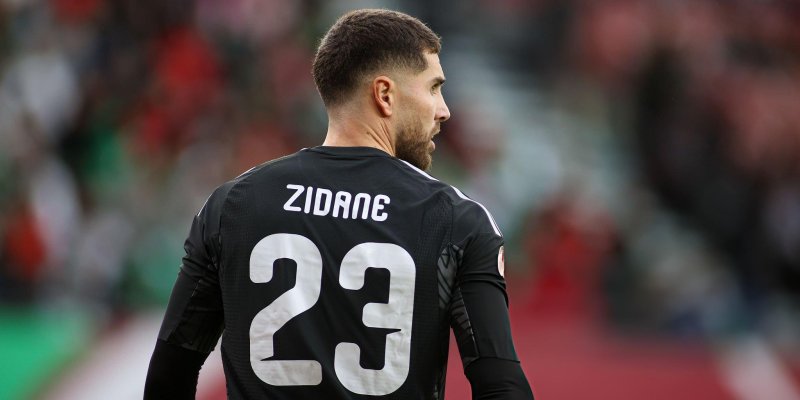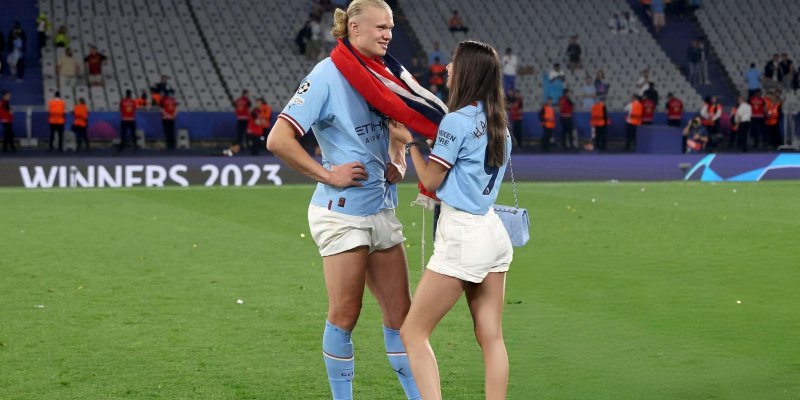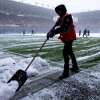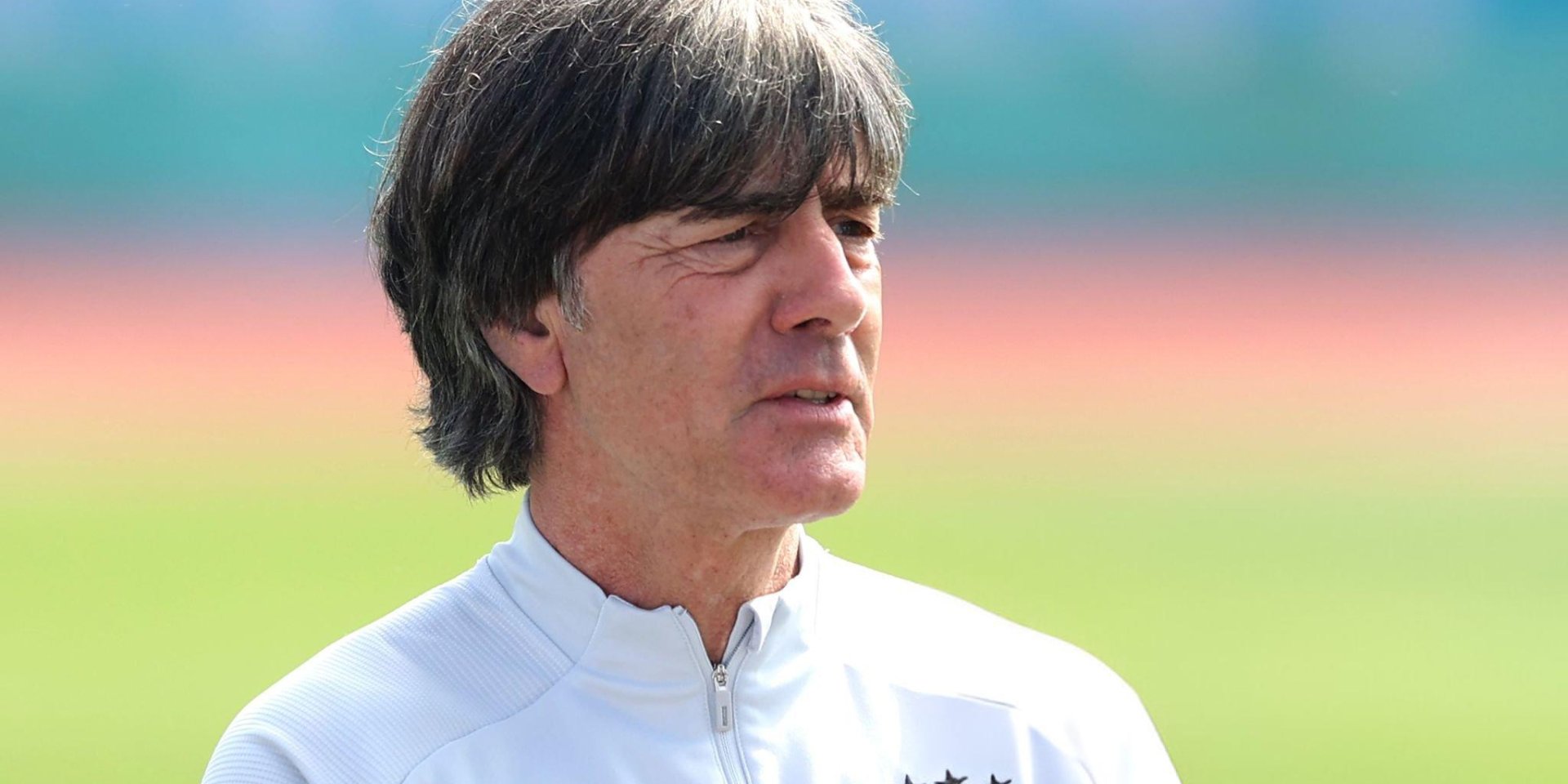
The Uzbekistan Football Association is holding intensive talks with 2014 World Cup-winning coach Joachim Löw. The German specialist, out of work since 2021, could take the helm of a team that recently secured its first-ever berth at the 2026 FIFA World Cup, making a resounding statement in Asian football.
Negotiations in the Home Stretch
According to Championat.Asia and several regional outlets, the Uzbek side has already presented Löw with a long-term project running until the end of the North American finals. Key clauses include full control of youth development programs and the implementation of modern sports-science methods. A preliminary agreement would keep current head coach Timur Kapadze on the staff to ensure a smooth transition and maintain continuity.
Uzbekistan’s First Appearance on the Global Stage
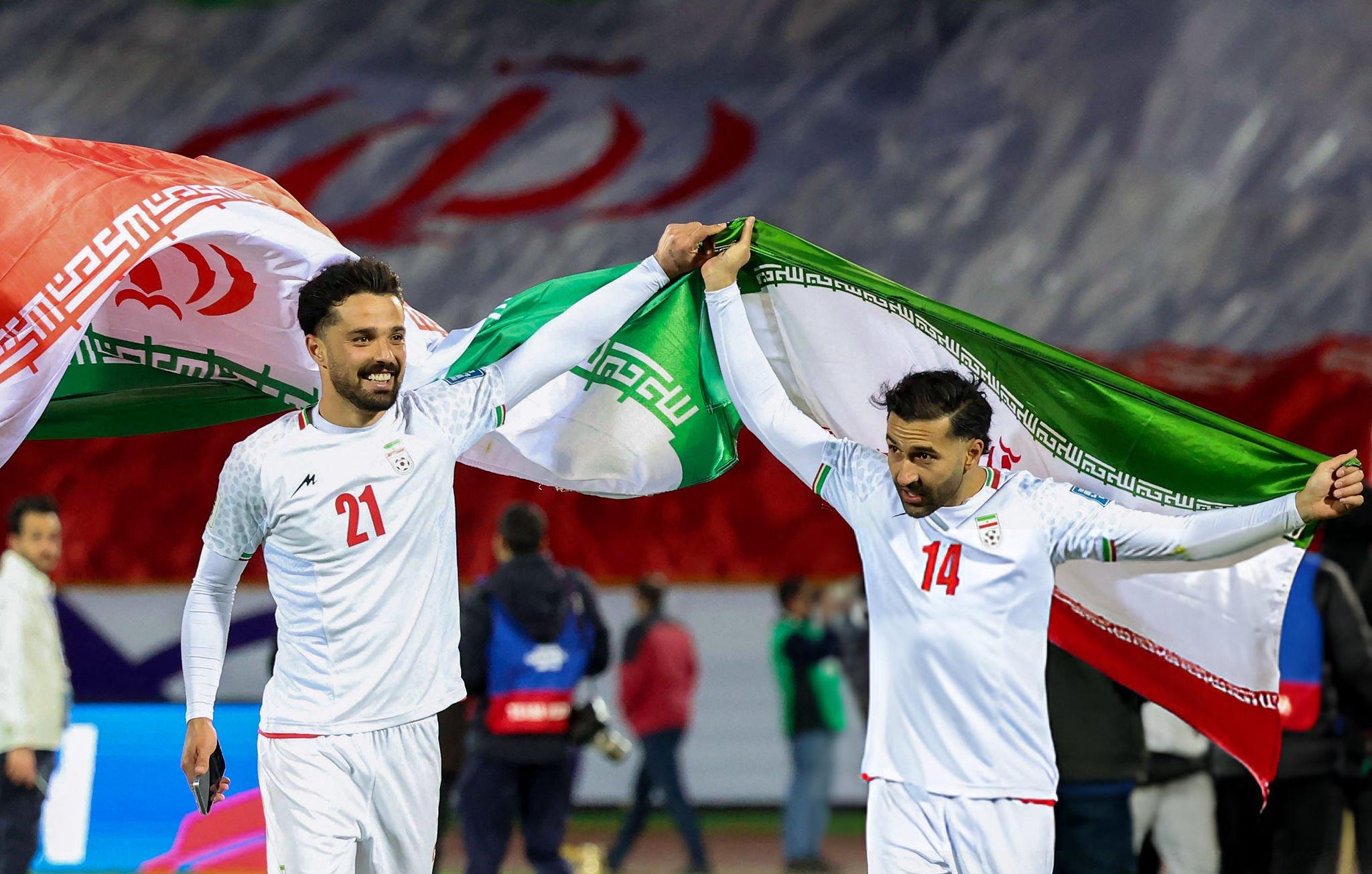
The “White Wolves” became the first Central Asian team to clinch a World Cup ticket. Kapadze’s squad completed the third round of Asian qualifying unbeaten and made history in June 2025 by drawing 0-0 with the UAE to lock up a top-two finish in Group A. Supporters hailed the breakthrough as a “moment of truth” after seven failed attempts and the disappointments of 2006 and 2014.
Löw’s Legacy: High-Press Football
For 15 years at Germany’s helm, Löw promoted an entertaining positional game built on intense counter-pressing and rapid phase transitions. Victory at Brazil 2014 and a “golden youth” triumph at the 2017 Confederations Cup proved the model’s effectiveness. Especially valuable for Uzbekistan is the German’s knack for integrating young talent—academy graduates now form the core of the national side.
The Kapadze Scenario: Evolution, Not Revolution
Keeping Kapadze in the dug-out eliminates the risk of “shock therapy”: the hierarchy remains intact, while players gain the double benefit of Löw’s experience and close contact with the coach who led them to historic success. Championat.Asia reports that Uzbek officials view the “Löw + Kapadze” tandem as the optimal formula for harmonious progress.
Key Challenges Ahead of 2026
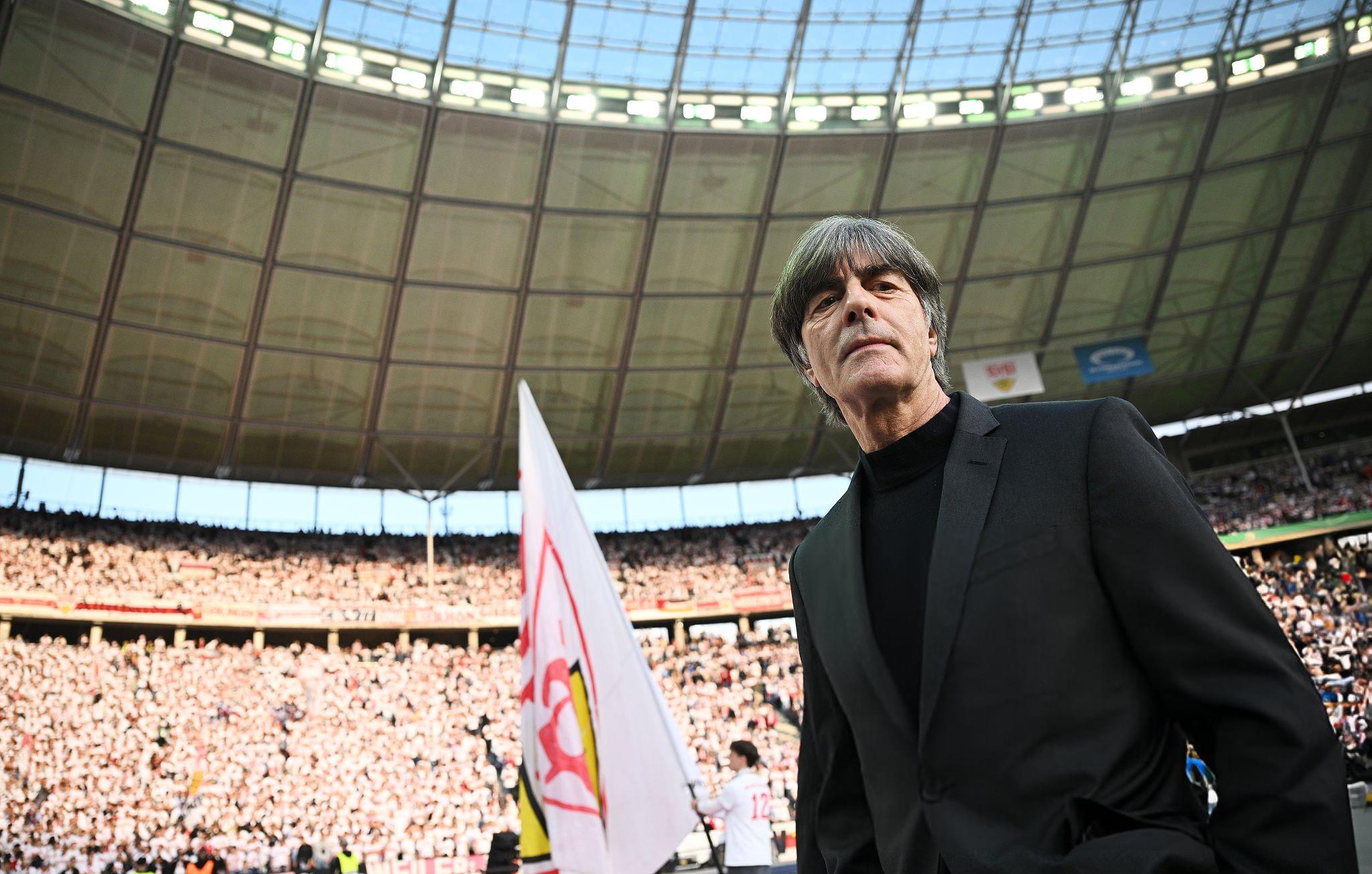
- Increase game density in transitional phases;
- Balance the attacking spark of rising stars (Fayzullaev, Husanov) with veteran know-how;
- Adapt the squad to the climate and logistics of the North American tournament;
- Strengthen national-team training centers to meet FIFA standards.
The contract could be signed within weeks, with an official unveiling in Tashkent once legal details are finalized. Should the parties shake hands, the 2026 World Cup will gain another compelling subplot: can the man who lifted Germany to the summit of world football replicate the feat with a debutant? We will find out soon.

